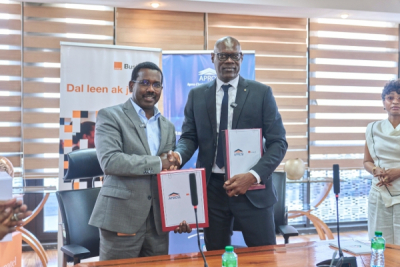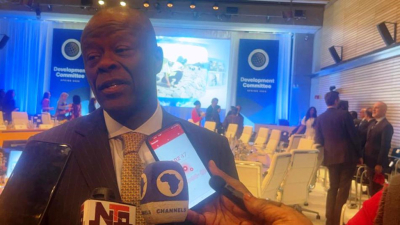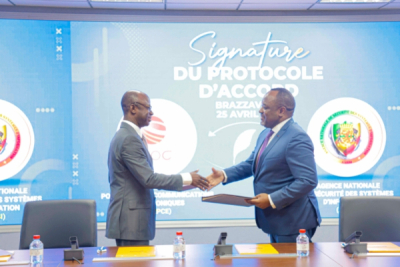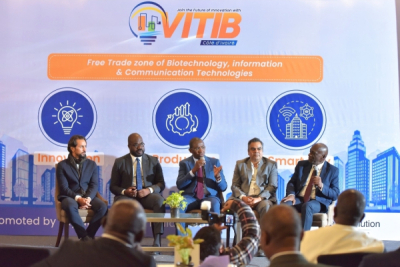- Senegal’s APROSI and Orange Business sign partnership to digitize industrial hubs
- Agreement signed April 28, 2025, to equip sites with fiber optics, private networks, cloud services, and cybersecurity
- Plan includes smart energy management, connected lighting, enhanced security, and improved mobility within industrial zones
On Monday, April 28, 2025, Senegal’s Agency for the Development and Promotion of Industrial Sites (APROSI) and Orange Business Senegal, the business-to-business arm of the SONATEL Group, entered into a strategic partnership to equip the nation's industrial hubs with next-generation digital services.
The alliance seeks to transform industrial sites into smart, connected, sustainable, and competitive platforms capable of meeting the demands of Industry 4.0. Orange Business will contribute its expertise in critical areas such as fiber optics, private networks, cloud services, and cybersecurity. The agreement extends further to include the deployment of intelligent energy management solutions, connected public lighting, security, and mobility within industrial sites.
The partnership also entails support for companies in their digital transition. Concrete applications involving the Internet of Things (IoT), blockchain, artificial intelligence (AI), and predictive maintenance will be proposed to modernize production tools. A strategic committee and a monitoring and evaluation mechanism will be established to ensure the effective implementation of projects.
This initiative aligns with Senegal's 2050 Economic Transformation Agenda, which positions digital technology as central to the country's growth and competitiveness. It also responds to a regional landscape characterized by increasing competition among West African nations to attract industrial investment. In this strategic contest, the development of connected and high-performing industrial zones could provide Senegal with a significant advantage.
The industrial sector currently accounts for approximately 25% of Senegal's GDP. By equipping it with advanced technologies, the country aims to enhance its productivity, streamline logistics, optimize energy consumption, and strengthen the traceability of value chains. Digital technology thus becomes a strategic tool for building a more resilient, competitive, and future-oriented industry.
By Samira Njoya,
Editing by Sèna D. B. de Sodji



















